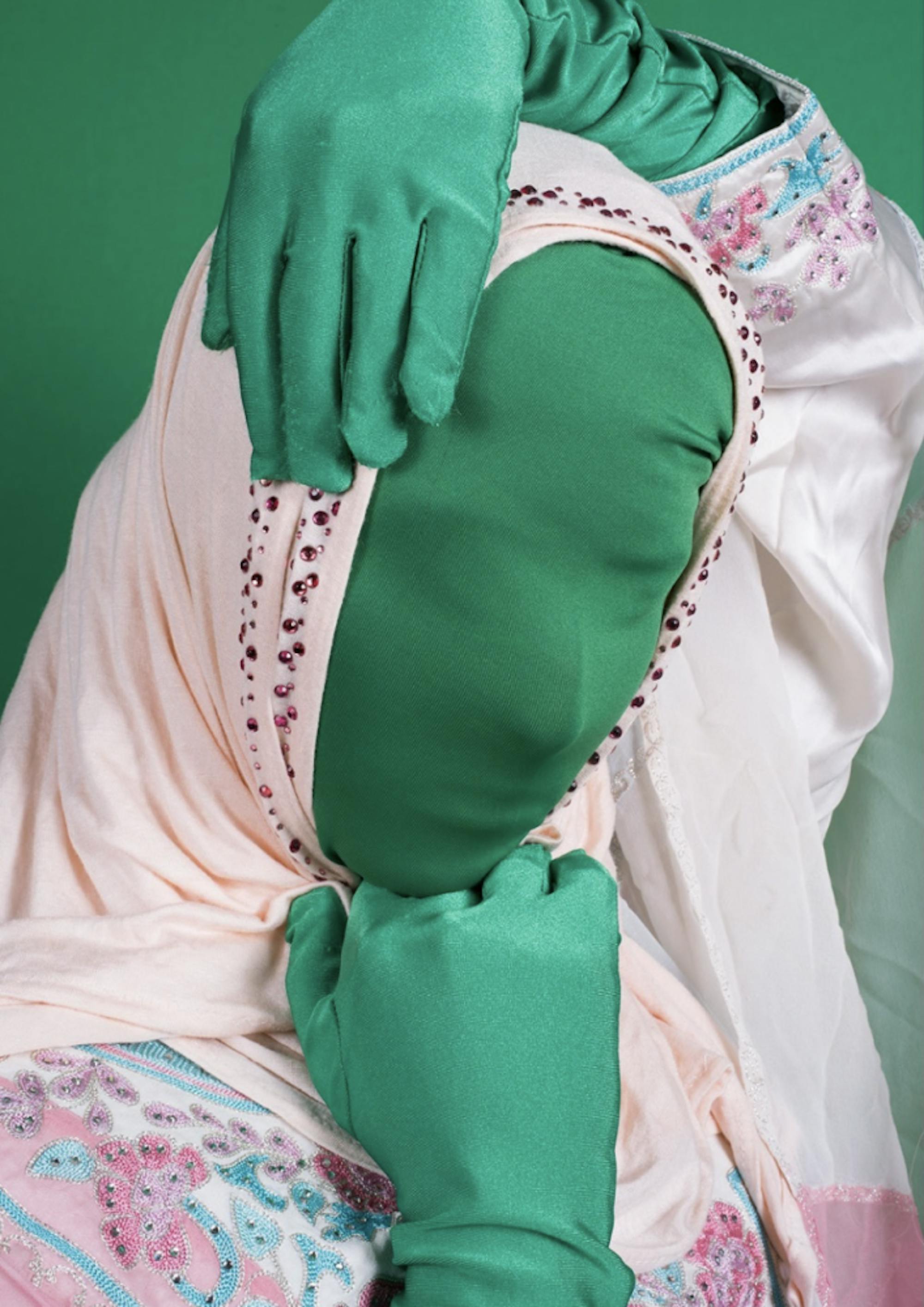On March 10, Tufts’ School of the Museum of Fine Arts hosted photographer and filmmaker Farah Al Qasimi in its Artist Talks series. A storyteller at heart, Al Qasimi uses her art as a language to communicate social and environmental issues in her home country, the United Arab Emirates. This language, both visual and auditory, allows the viewer to adeptly switch between different ways of seeing and knowing a singular story.
Deeply influenced by the history of documentation in the Persian Gulf region, Al Qasimi provokes her audience to consider who creates historical archives. What values are represented in history? Whose stories are left out? In her talk, Al Qasimi explained how many of the region’s historical image archives are filled with photos taken by British agents, underlining the influence of colonization and power dynamics on the history of the region.
Also inspired by modern media, Al Qasimi incorporates her love for magical realism, science fiction and cartoons into her work. Through her camera, she transforms the world around her into vivid images based on a central narrative: Our current society and built environment have been created by an inescapable past.
While her work grapples with the ramifications of a flawed past, it does not ignore hope for a different future. Using elements from both magical realism and documentary styles, Al Qasimi’s work challenges the capitalist model through artful employment of metaphor. While this choice is a necessity due to the limits on free speech in the United Arab Emirates, it is also a strategic decision. Much like in science fiction novels, presenting a fictional story connected to reality through metaphor allows the audience to clearly examine the strangeness of our own familiar world.
Additionally, Al Qasimi’s application of metaphor evokes an emotional response from the audience. She sows feelings of grief for the loss of natural environment brought about by capitalist urban development, expanding the definition of environment to include social structures. Her work adeptly comments on the constant sense of pressure felt by the Persian Gulf region at the hand of capitalist, Western ideals.
In her most recent work, a short film titled “Um Al Dhabaab (Mother of Fog)” (2023),Al Qasimi weaves a narrative that incorporates all of the themes that her previous work has explored. The film cuts between past and present, as well as reality and fiction, conveying many perspectives on the drive for development in the Persian Gulf region.
Al Qasimi’s work uses metaphor, imagery and narrative to comment on the numerous meanings held by moments, environments and objects. She highlights the social norms and power dynamics embedded in our conception of the world around us. While the past is unchangeable, it is work like Al Qasimi’s that pushes us to imagine a radically different future for both people and the environment.






